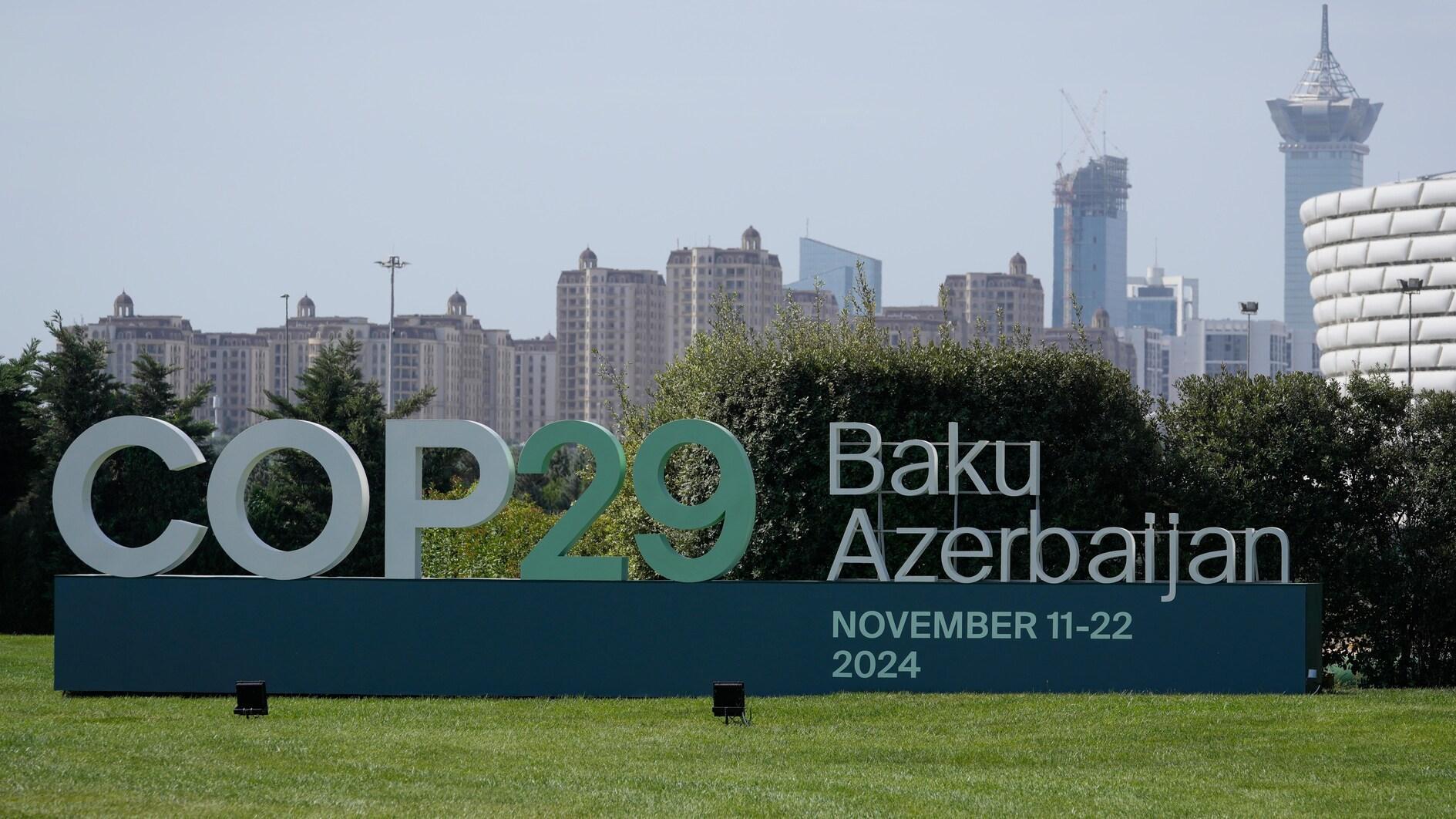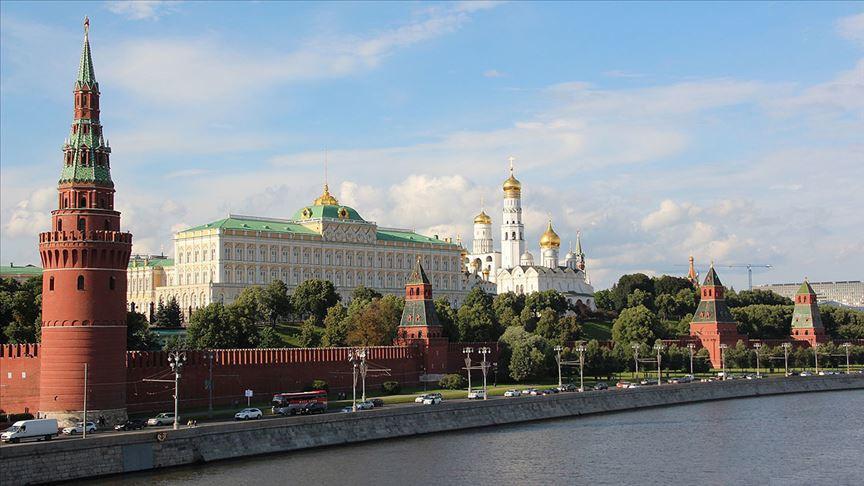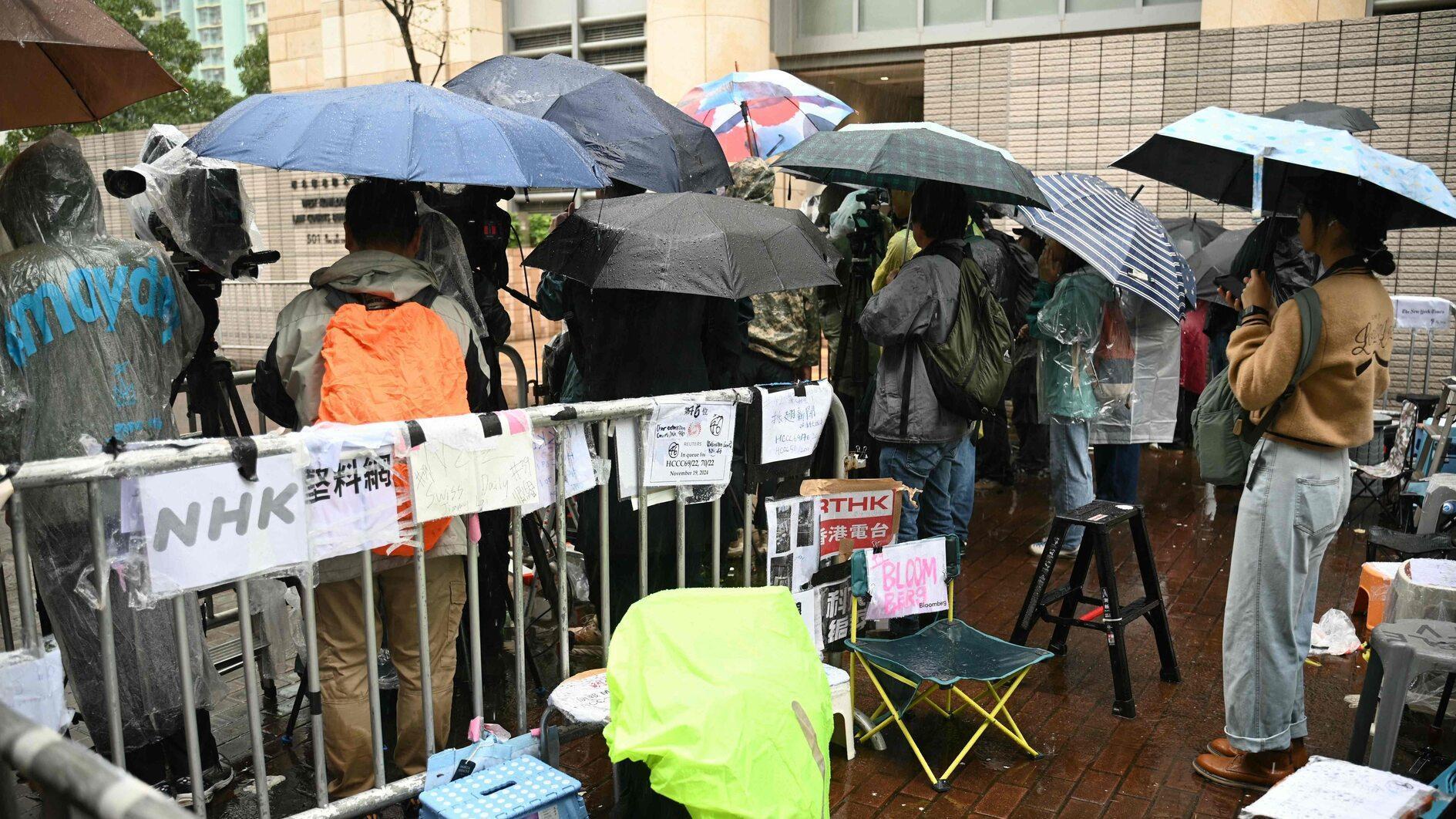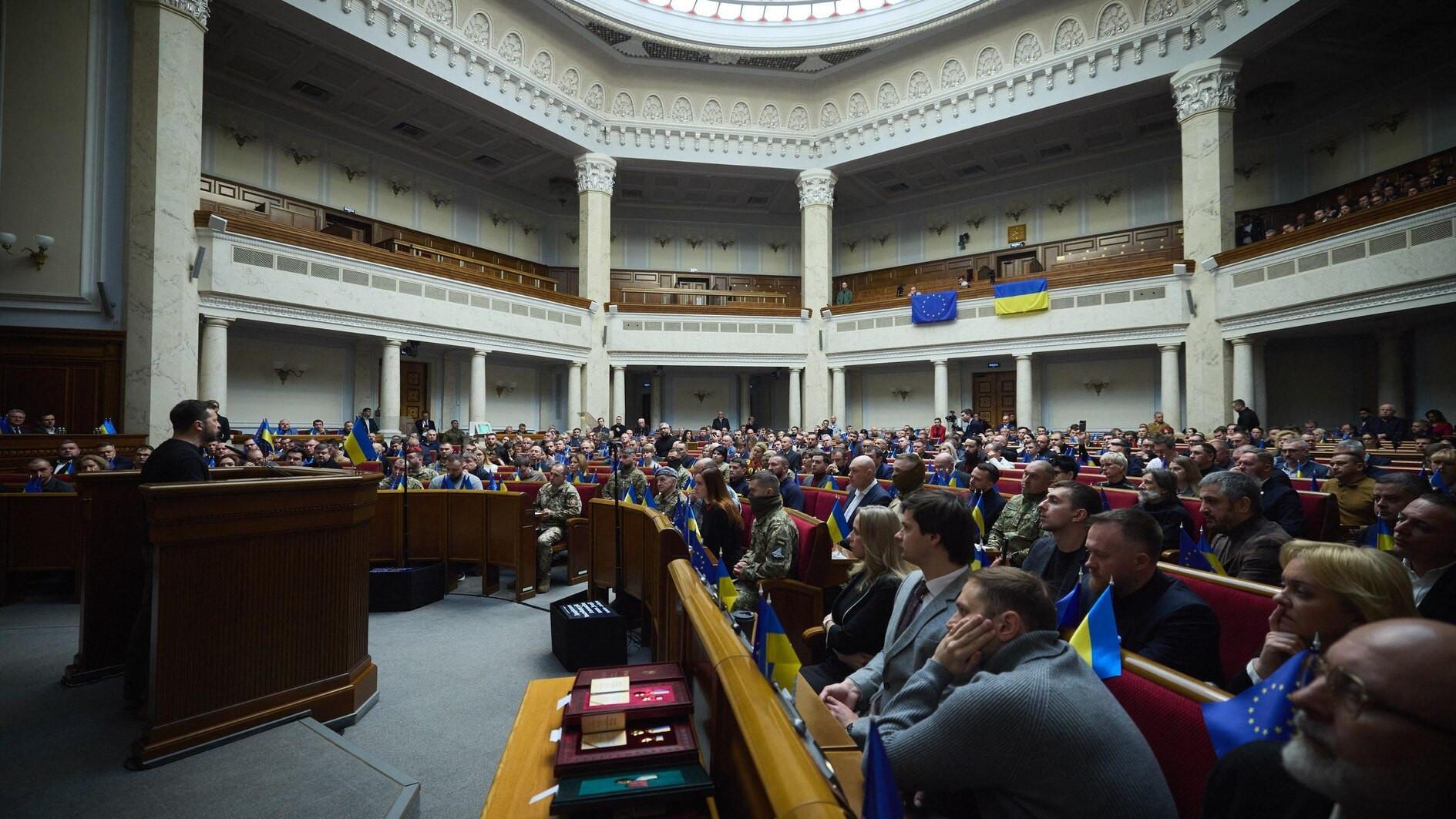Why Gül is not in the AKP anymore
One of the recent political curiosities in Turkey was whether retired President Abdullah Gül would re-enter politics by running for the parliament under the ticket of the ruling Justice and Development Party (AKP). This past week, Gül spoke to journalists and ended the discussion. “For now, I will not be in active politics,” he said. “I will rather help them [the AKP] by sharing my thoughts, when necessary.”
Of course, politicians and statesmen do retire when they feel that their time is done. But this really is not the case for Abdullah Gül. Aged 64, he is young enough to be in “active politics.” Moreover, polls have shown that within the AKP, a party that he himself founded back in 2001, he is still very popular and respected. That is why his return to the party as its leader, after seven years of non-partisan presidency, was a much-discussed scenario until August 2014. But then Tayyip Erdoğan got elected as president, and with a very carefully calculate maneuver, blocked Gül’s chance to run for the leadership of the party, while giving his blessing to Ahmet Davutoğlu.
In other words, Gül is not in “active politics” now because of a personal divergence. But there is a deeper reason as well: The AKP of the Gül era (2001-2007) and the AKP of today are very different political animals.
I call that early AKP “the old AKP,” and the current one “the new AKP.” The differences between them are really astonishing. Here is a short list:
- The old AKP was determined to establish the “Copenhagen Criteria” in Turkey, or the political, legal and economic standards of the European Union. The new AKP shows zero interest in this EU dream, and is even winking an eye at the “Shanghai Union,” whose prominent members include Russia, China and Uzbekistan.
- The old AKP explained the world not with conspiracy theories; it was rather the target of conspiracy theories. The new AKP, however, has embraced conspiracy as the main tool to explain political phenomena.
- The old AKP aimed at having “zero problems with neighbors.” The new one not only has plenty of problems, but also seems happy with its “precious loneliness.”
- The old AKP was very keen on economic rationality and played by the rules of the global markets. The vestiges of this line are still active, with names such as Deputy Prime Minister Ali Babacan and Central Bank Gov. Erdem Başçı. But the new AKP has an alternative vision of the economy, obsessed with imagined demons such as “the interest rate lobby,” and even suspects whether the Central Bank might be committing “high treason.”
- The old AKP was defined by modesty. For years, Erdoğan lived in a small apartment in a humble neighborhood. The new AKP is rather defined by grandeur. Now Erdoğan lives in one the most colossal and lavish palaces in the world.
- The old AKP was big-hearted and reconciliatory. It opposed the concept of the “enemy within,” and reached out to all. One of its elections songs embracingly read, “We are different colors of the same rug.” The new AKP, however, is bitterly poised against the “enemies within,” “traitors,” and “the axis of evil,” which seem to constitute almost half of the nation.
Today, the real gap is that Gül still believes in the liberal principles of the old AKP, whereas Erdoğan seems willing to take the new AKP to even higher levels of authoritarianism. That is why I understand Gül’s decision to be out of “active politics, for now.” I also share the disappointment he probably has with a derailed experiment, which, alas, could have worked much better for Turkey and even the broader Muslim world.











